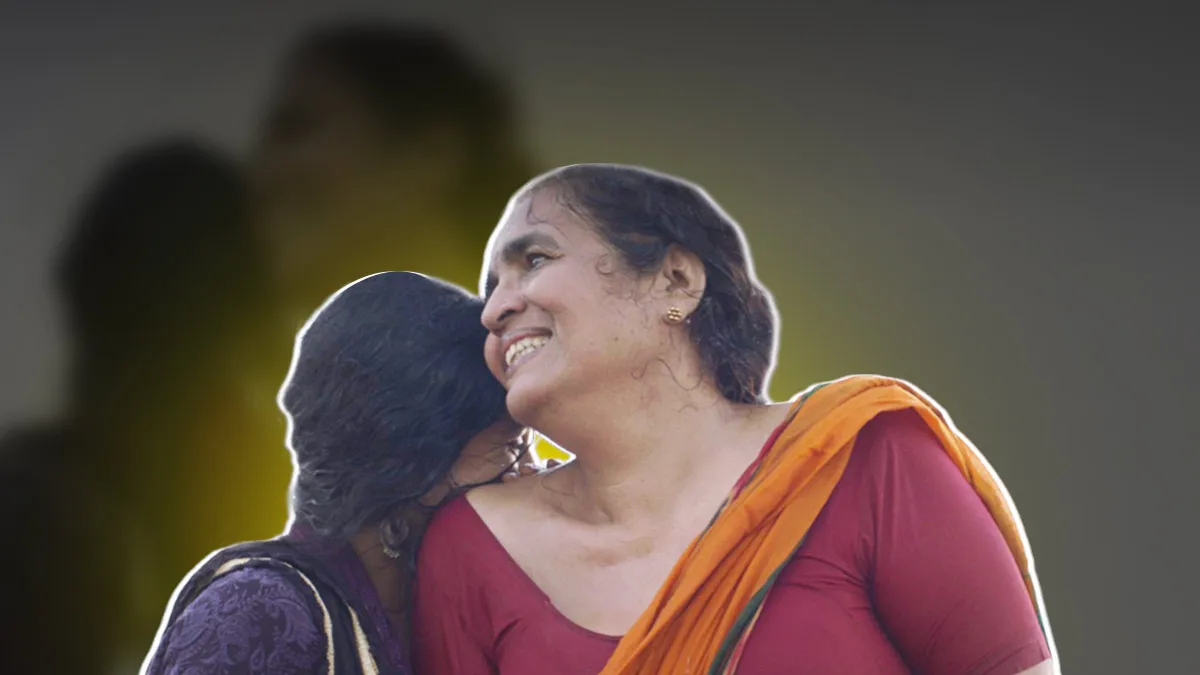
For decades, female characters in cinema were cast as sidekicks, muses for male genius, manic pixie dream girls, or self-sacrificing martyrs. Even when strong or independent, they were often expected to remain likeable, aspirational, or redemptive—defined by their impact on someone else’s journey.
But a powerful shift is occuring in contemporary filmmaking. More directors are crafting layered portraits of women who refuse to be sidelined. These characters don’t chase validation through romance or societal approval—they seek authentic experiences that embrace their complexity, contradictions, and desire.
The following six films, available across streaming platforms, centre women not as idealised figures, but as complete subjects. Their stories are messy, political, and unapologetically intimate, refusing to be simplified for anyone’s comfort.
In My Mother's Girlfriend, Renuka is revolutionary simply by living authentically at the crossroads of multiple identities. As a working-class mother embracing queer desire, she defies societal expectations without compromising herself.
Renuka never apologises for her presence. She doesn’t ask for space—she brings her tiffin and her girlfriend. Her quiet defiance challenges viewers to see that marginalised women don’t need permission to belong.
The film deftly shows how her relationship impacts family dynamics, especially with her adult son, exploring how living truthfully can disrupt others' comfort.
Céline Sciamma’s Portrait of a Lady on Fire subverts the classic artist-muse trope through painter Marianne and her subject Héloïse.
Set in 18th-century France, the film avoids objectification. Marianne paints Héloïse and falls—not for a man, but into an equal.
With its distinctly female gaze, intimacy unfolds through artistic and intellectual connection. Desire emerges from mutual recognition, not conquest. Their love defies both time and norms, showing how women can author their own experiences within constraints.
In Fallen Leaves, Aki Kaurismäki presents Ansa as a woman whose life continues with quiet resolve, regardless of romance. She works, survives, and moves forward—her value not tied to love.
When connection comes, it’s not dramatic but subtle, in a shared cigarette break. The film’s restraint rejects Hollywood tropes and reveals how everyday moments gain depth when people meet as equals.
The Booth centres Rekha, a middle-aged, queer, working-class woman who runs a photo booth in a mall—someone cinema often sidelines.
What sets the film apart is its insistence that Rekha’s longing matters. It lingers in glances and silence, uncynical and real. By focusing on small, quiet moments, the film affirms that women like Rekha have rich inner lives, deserving of attention and expression.
Don't Miss: Netflix’s You Season 5: Find Out What Happened To Every Character
In Bed With Victoria introduces a flawed, unapologetic lawyer uninterested in redemption. Victoria doesn’t seek approval or transformation. She wants intimacy without self-erasure.
The film embraces her chaos—parenting, work, and love—without judgment. Her refusal to simplify herself challenges viewers to question the societal demand that women always be palatable.
Blackbird Blackbird Blackberry follows Etero, a woman whose story begins in middle age and solitude. Rather than treat her independence as lacking, the film honours it—alongside her desire.
Etero leads not despite, but because of her solitude and self-sufficiency. The film rejects the false choice between independence and intimacy, showing how both can coexist in constant negotiation.
These six films represent a significant evolution in how women are portrayed in cinema. Their protagonists aren't waiting to be chosen or saved – they actively shape their own narratives with all the complexity, contradiction, and autonomy that entails.
What makes these stories revolutionary isn't necessarily their plots but their perspective. By positioning women as subjects rather than objects of desire, these films invite viewers to reconsider what constitutes a meaningful female character.
Don't Miss: Moms Without Melodrama: 11 Times Bollywood Got It Just Right
Keep reading Herzindagi for more such stories.
Our aim is to provide accurate, safe and expert verified information through our articles and social media handles. The remedies, advice and tips mentioned here are for general information only. Please consult your expert before trying any kind of health, beauty, life hacks or astrology related tips. For any feedback or complaint, contact us at compliant_gro@jagrannewmedia.com.